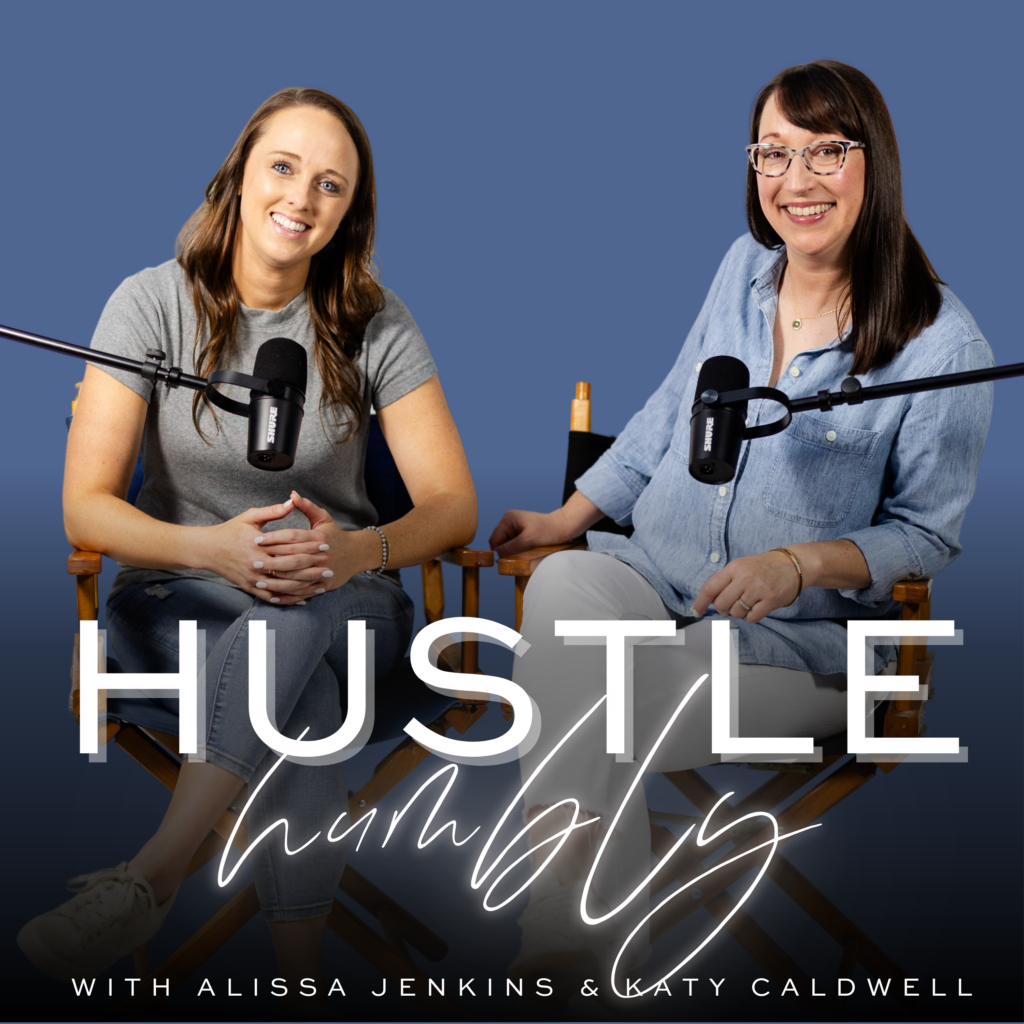Navigating Insurance Struggles in Real Estate
Homeowners insurance is a critical part of real estate, yet many buyers and agents face challenges securing coverage. With rising premiums, policy restrictions, and insurance companies leaving certain markets, the industry is experiencing major shifts. These insurance struggles in real estate impact home affordability, closing timelines, and long-term financial security. Understanding these challenges can help homeowners and agents prepare for potential roadblocks and find the best solutions.
Why Insurance Is Becoming Harder to Get
The homeowners insurance market is tightening nationwide. Some regions face natural disasters like hurricanes, wildfires, or floods, while others struggle with increased litigation, rising building costs, and stricter underwriting. Many insurance companies are pulling out of states with high risk, leaving homeowners with fewer options and higher costs. Roof age, past claims, and even a home’s location can significantly impact the availability and affordability of insurance.
Key Factors Affecting Insurance Approval
- Roof Age and Condition – Many insurers refuse to cover homes with roofs older than 15 years, regardless of their condition. This forces homeowners to replace roofs prematurely or struggle to find coverage.
- Prior Claims History – Multiple past claims on a property, even those from a previous owner, can lead to policy denials or non-renewals. Some insurers deny coverage if a home has two to four weather-related claims within five years.
- Location-Based Risks – In some areas, properties in flood zones, wildfire-prone regions, or even avalanche zones may be uninsurable, preventing buyers from securing financing.
- Inspection Requirements – Insurance companies frequently conduct post-closing inspections, sometimes requiring major repairs or policy cancellations within months of purchase.
The Impact of Insurance Struggles in Real Estate
The challenges of securing homeowners insurance can delay closings, increase costs, and even prevent buyers from purchasing homes. Higher premiums affect affordability, while unexpected repair requirements can strain new homeowners. For real estate professionals, staying informed about these issues helps them better guide clients through the process.
How Buyers and Agents Can Prepare
- Start Early – Buyers should obtain insurance quotes during the due diligence period to avoid surprises after closing.
- Work With an Independent Agent – Independent agents offer multiple carrier options and can help find better coverage.
- Understand Policy Changes – Reviewing policy updates yearly ensures homeowners maintain adequate coverage.
- Consider an Umbrella Policy – Additional liability coverage protects homeowners from financial risks beyond standard policies.
Final Thoughts
Navigating insurance struggles in real estate requires awareness, preparation, and strong partnerships with insurance professionals. By understanding market challenges and proactively addressing them, buyers and agents can make informed decisions that protect both their investments and their peace of mind.
Leave us a review at RateThisPodcast.com/HustleHumbly
Get your FREE Database Template
Submit your topic ideas and toasts to Hello@HutleHumblyPodcast.com.
